Boosting Local Food Production capacities of conflict-affected communities through Cooperative Farming Model.
Benue state has continued to be experience conflicts for a long time, recent killings in the state have added to the burden of taking care of IDPs. About 18,000 people have been displaced since the beginning of April 2023 following recent attacks on some communities in the state (ICIR 2023). In their condition of forceful relocation, the IDPs have lost control of their socio-economic life and have become slaves to hunger and poverty in the land.
In efforts to address the challenges faced by the displaced population in Benue State Nigeria, Community links and Human Empowerment Initiative (CLHEI) with support from Victim Support Fund (VSF) implemented an Economic Empowerment Project (EEP) in Kwande and Oju LGAs of Benue State.
The project aimed at supporting the crisis-affected population in the selected Local Government Areas targeting 300 rice and maize farmers across the two LGAs by providing them with training, farm inputs and Hand Tillers for improved cultivation practices using the cooperative farming model. Additionally, the project included a Women’s Economic Support component, offering sewing machines to selected (34) women across the LGAs to enhance their livelihoods and economic sustainability.
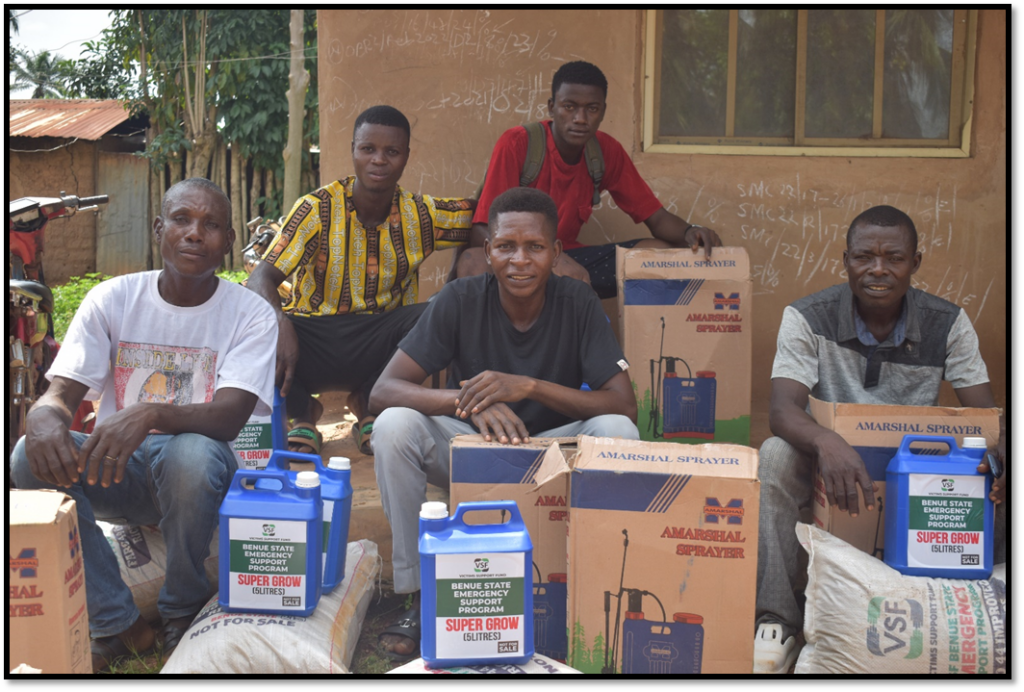
The EEP project provided good seed of high-yielding adapted varieties, Pest control, fertilizers, and other farm inputs making it easy for the cooperatives to cultivate their farms. CLHEI’s support to the cooperatives through the agricultural extension workers for sustainable production systems is dynamic: it offered the farmers many possible combinations of practices to choose from and adapt, according to their local production conditions and constraints. The harvest across the various communities recorded significant yields. During visits to some of the farm sites, there were minimal reports of farm losses.
On an ongoing basis, CLHEI expedites efforts to connect smallholder farmers more directly to buyers via effective aggregators (typically Small and Medium Enterprises (SMEs)). This approach has helped project beneficiaries’ move away from spot selling to itinerant traders. Also, through this continued support, the farmer cooperatives are building these relationships to stimulate direct contacts with more sophisticated buyers and with the improved knowledge levels of farmer cooperatives through the efficiency of the Agricultural Extension workers attached to them for support, the farmers are able to dialogue and negotiate with traders.


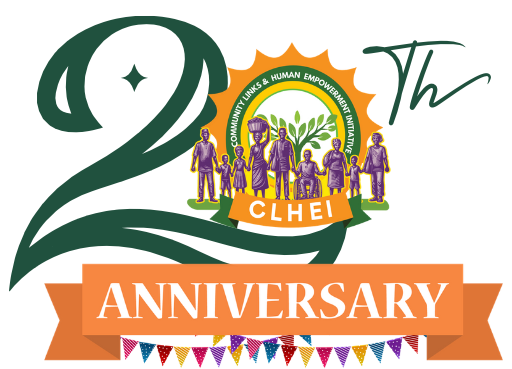


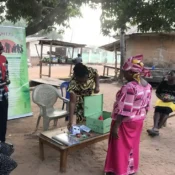
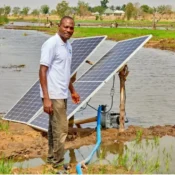
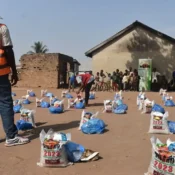
This article was so interesting, I couldn’t stop reading!
The website is reliable and beautifully designed.
I love your blog.. very nice colors & theme. Did you make this website yourself or did you hire someone to do it for you?
Plz answer back as I’m looking to design my own blog and would like to know
where u got this from. thanks a lot
That is a really good tip especially to those new to
the blogosphere. Short but very precise information… Thanks for sharing this one.
A must read article!
Nice post. I learn something new and challenging on blogs I
stumbleupon everyday. It’s always interesting to read through articles from other writers and use a little something from their websites.